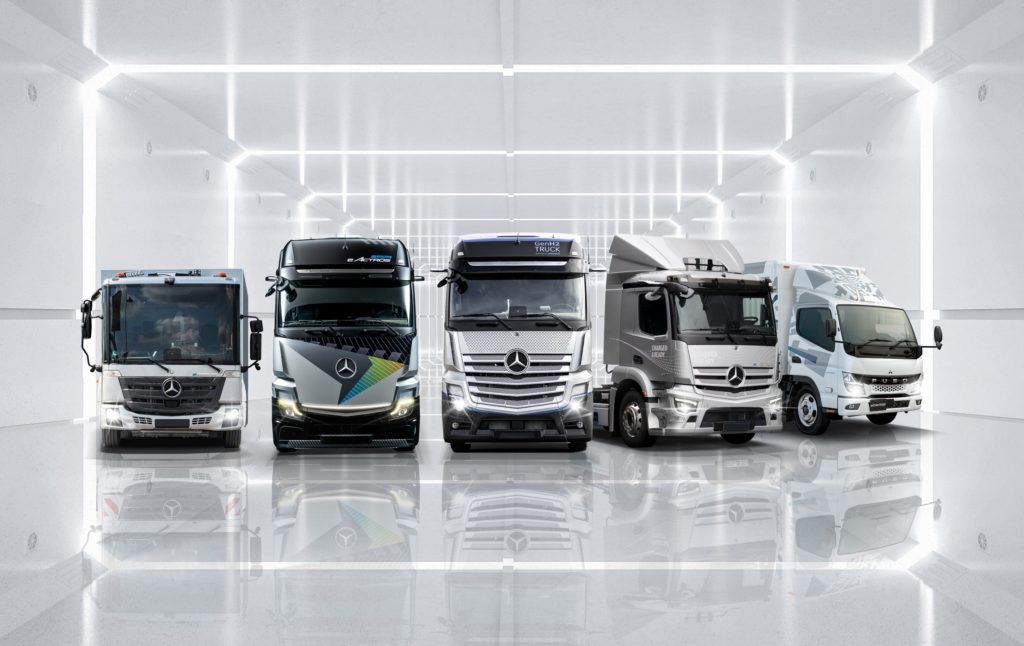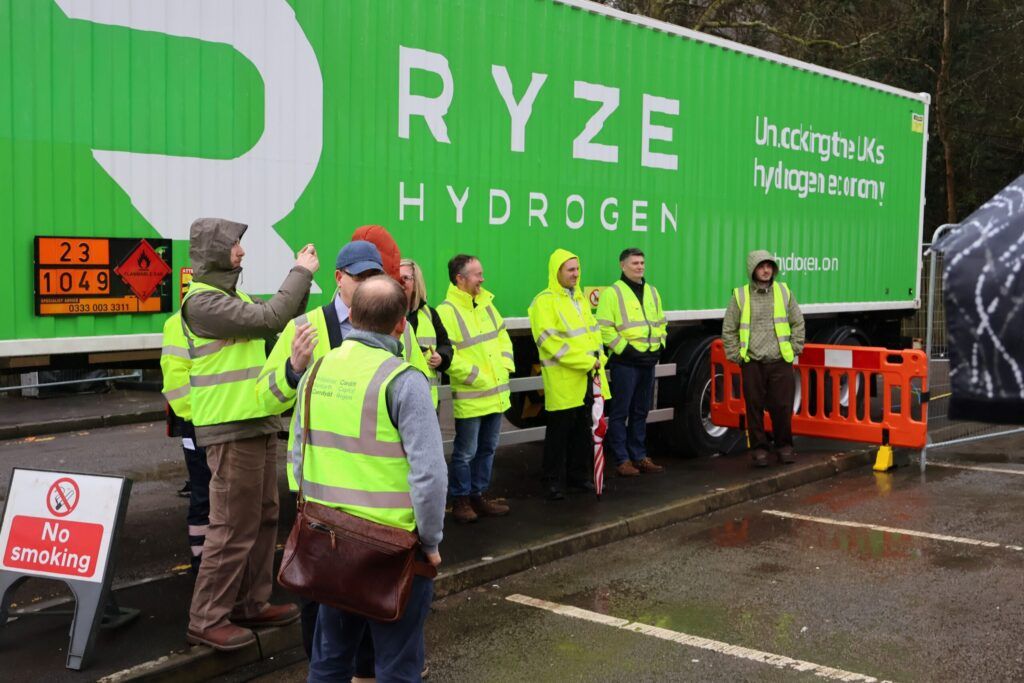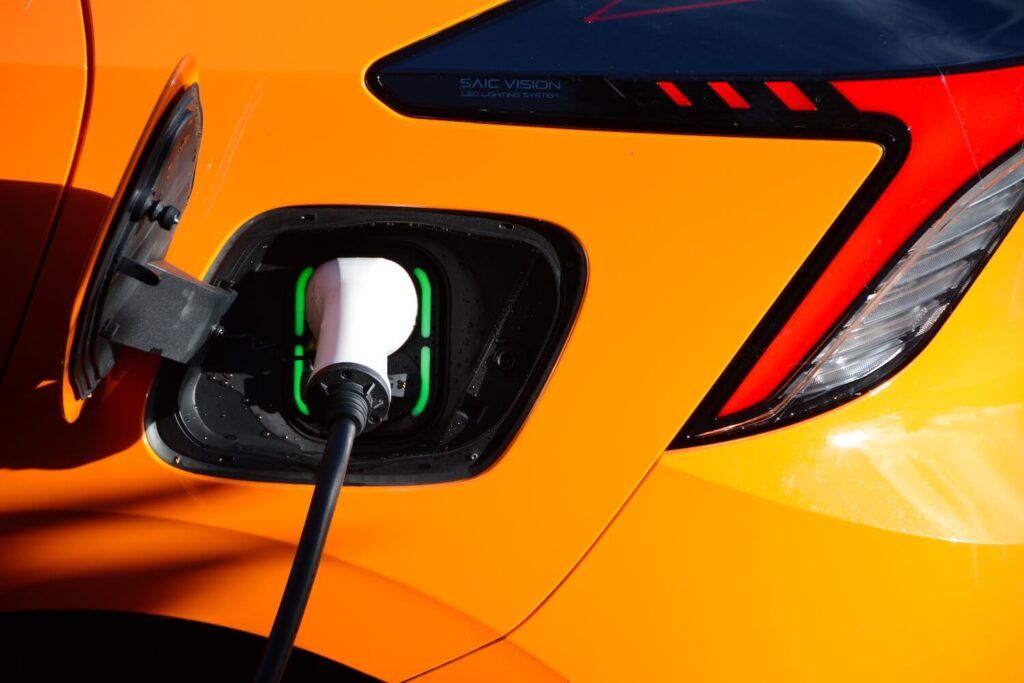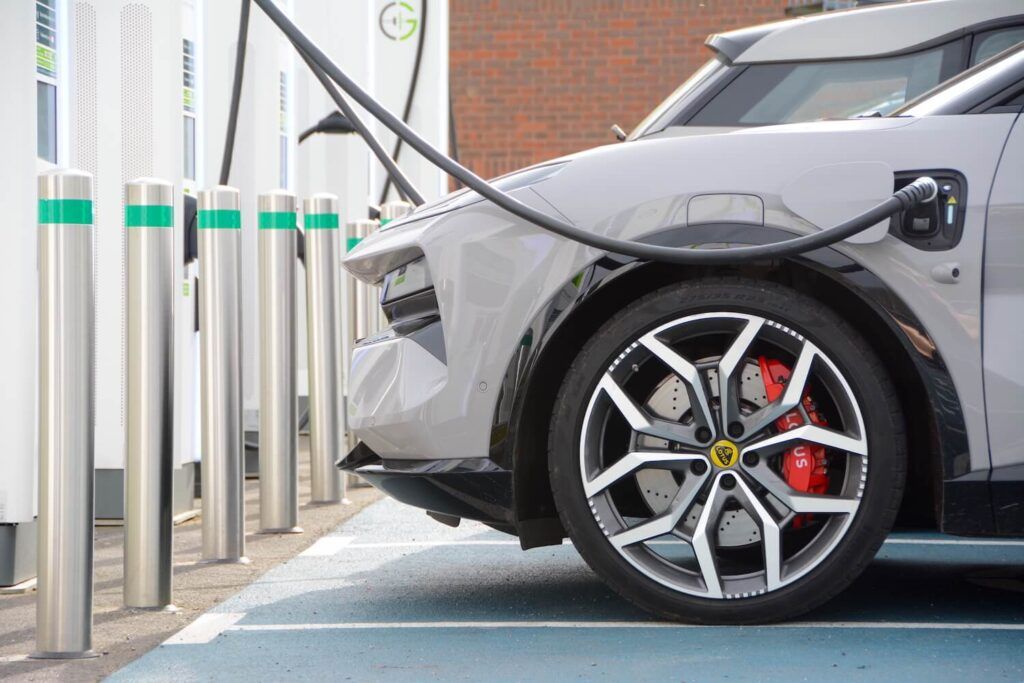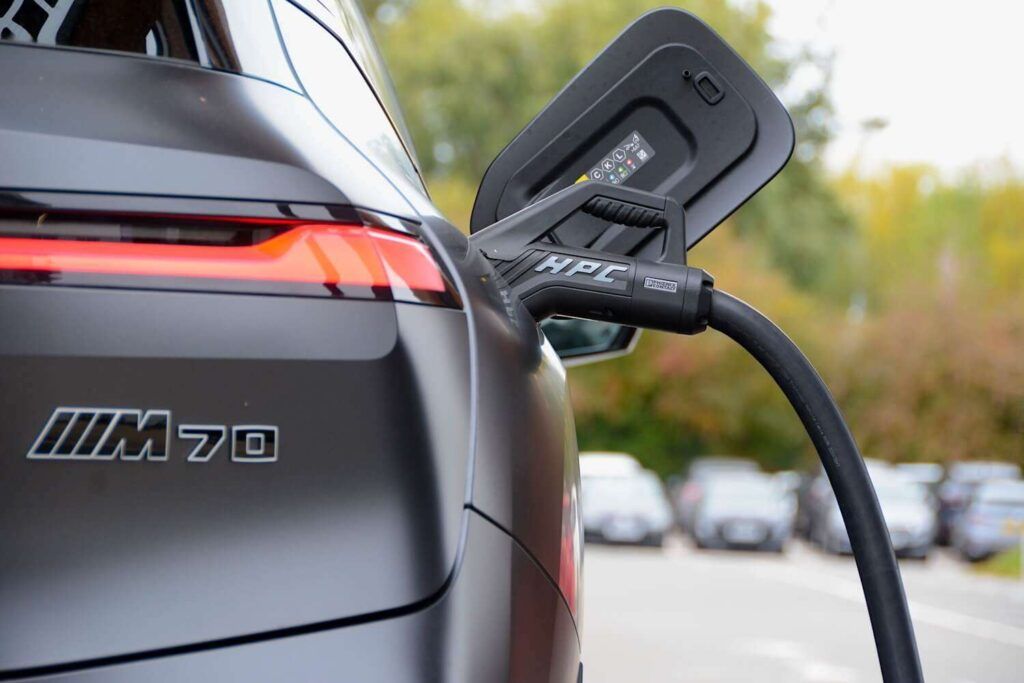Senior leaders from Scotland’s HGV industry have developed a set of actions to help the sector transition to net zero.
The HGV Decarbonisation Pathway is the result of 18 months of work by the Zero Emission Truck Taskforce, whose members come from the haulage and logistics sector; energy sector (both hydrogen and electricity); truck manufacturing; government; unions; and commercial financiers.
The pathway sets out the four key challenges posed by a move to zero emission trucks, and how to address these:
- Energy infrastructure
- Financial models
- Confidence in technological and commercial change
- Workforce skills
Cabinet Secretary for Transport, Fiona Hyslop launched the pathway during a keynote address to the Net Zero Scotland Projects Conference.
She said: “It’s a great pleasure to launch the HGV Decarbonisation Pathway for Scotland and to do so at this event reflects the extraordinary collaborative nature of this work.
“This partnership with road haulage, manufacturing, energy, government, union and commercial finance sectors is absolutely key to accelerating the transition towards zero emission trucks.
“Scotland’s economy – and society as a whole – rely on goods being moved with speed and efficiency, but these freight movements emit substantial greenhouse gases. We have worked collectively to understand and address the hurdles to transition.
“My thanks go to every member of the Zero Emission Truck Taskforce for their time and expertise developing and, going forward, delivering the pathway. No single sector or organisation can decarbonise without building new relationships across boundaries and I look forward to seeing what we can achieve – and inspire other sectors to achieve.”
Head of Environment Policy at the Road Haulage Association, Chris Ashley, said:
“The HGV Decarbonisation Pathway for Scotland marks an important moment in the journey towards Net Zero.
“Decarbonising lorries whilst maintaining the high levels of service the public expect is complex with many structural barriers, such as financing the transition and providing the required energy infrastructure, to be addressed.
“The Pathway allows Scottish authorities and industry to start navigating the difficult issues that lie ahead and a focus to ensure that businesses, including our vital small businesses, feel supported.”
Chief Executive of the British Vehicle Renting & Leasing Association, Gerry Keaney said:
“Trucks keep the country moving. Finding greener alternatives to today’s vehicles is non-negotiable and we need to pick up the pace. We have seen exceptional progress in the car market, but trucks present a different scale of challenge. Without getting everybody around the table to find solutions that work, the transition to greener trucks will stop before it’s fully started.
“It is encouraging to see Transport Scotland leading from the front on this. Success relies on creative and consistent collaboration. It is about operators transitioning what they can, when they can. Leasing plays a critical role. Far beyond simply providing vehicles, our members are helping operators overcome infrastructure issues and much more. Our members are vital partners in supporting operators to make an affordable and effective transition to greener trucks.”
Image courtesy of Mercedes-Benz Trucks UK.




